CM KCR introduces four bills in the State Assembly
Thu 10 Sep 2020, 12:07:19
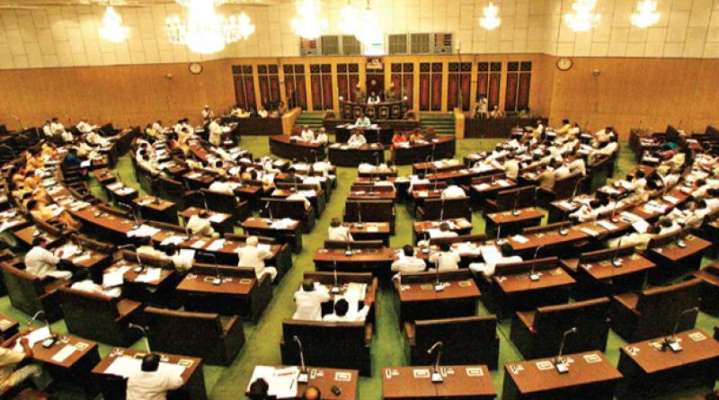
Telangana State took a giant and revolutionary step on Wednesday to rein in corruption in the key Revenue Department through a series of four Bills introduced in the State Assembly by Chief Minister K Chandrashekhar Rao. The Bills, besides seeking to put the brakes on graft particularly in land registrations, will also make the registration process a lot simpler, virtually reducing it to a ‘click of the button’ affair.
The Bills, aimed at ushering in major land reforms, will also pave the way for complete digitisation of land records, bringing to an end the misery of the common man who has been enduring corruption and the snail’s pace movement of files for several decades now.
The Chief Minister introduced the Telangana Rights in Land and Pattadar Passbooks Bill 2020 and the Telangana Abolition of the Posts of Village Revenue Officers Bill 2020, while Municipal Administration and Urban Development Minister K T Rama Rao introduced the Telangana Municipal Laws Amendment Bill 2020 and Panchayat Raj Minister Errabelli Dayakar Rao introduced the Telangana Panchayat Raj Amendment Bill 2020 in the State Assembly.
Cracking the whip on corrupt officials, the Chief Minister said criminal proceedings will be initiated against erring officials including Tahsildars, that could also lead to dismissal from service if they resort to corruption or any irregularities. Further, land transactions will be cancelled in case any irregularities are found. However, individuals cannot file court cases against the authorities in case they make any changes in the existing revenue records.
Pointing out that the land mass of Telangana State was about 2.75 crore acres after seven mandals from erstwhile Khammam district were fraudulently merged with Andhra Pradesh by the Modi government without consulting Telangana State, he said that of this, lands in the States were largely of four types comprising 1.6 crore acres of cultivable land, 66.56 lakh acres of forest land and the rest in the categories of government lands, gram kantams, urban lands, public utilities, industrial and others. It has been decided to record the existing Jagir lands as government lands in the revenue records henceforth.
“All the land details are being updated in the Dharani website and trials are being conducted to check the functioning of the website which will be soon be brought into usage,” he said. As part of the digitisation of land records, the State government will prepare a digital map of the entire State comprising complete land data and make it available to the people, he said.
To simplify the process, lands have been categorised into two types – agriculture and non-agriculture lands. Using its discretionary powers, the State government has now empowered the MROs also as Sub-Registrars to carry out both registration and mutation of agriculture lands. Similarly, the Sub-Registrars are now empowered to carry out
registration and mutation of non-agriculture properties. “While agriculture lands can be registered in the existing 590 MRO offices, the registration of non-agriculture lands will be carried out through 141 Sub-Registrar offices,” Chandrashekhar Rao said.
registration and mutation of non-agriculture properties. “While agriculture lands can be registered in the existing 590 MRO offices, the registration of non-agriculture lands will be carried out through 141 Sub-Registrar offices,” Chandrashekhar Rao said.
People can visit either the MRO or the Sub-Registrar office based on their property type after booking a time slot in advance. Slot booking through Dharani portal is mandatory for any kind of registration. The entire registration process will be completed the same day after submitting necessary documents, and land records will be updated accordingly on a real-time basis. On completion of the registration process, the buyers will get the registration documents and Dharani website extract copy. In case of agriculture properties, the pattadar passbooks of both the seller and the buyer will be updated on the spot by carrying out the mutation process.
“An estimated 90 lakh properties in both urban and rural local bodies have been already digitised to carry out these transactions digitally. Similarly, about 95 per cent of the entire land or property data will be available online on the Dharani portal and thus, prevent unauthorised or illegal transactions,” the Chief Minister explained. In case of heriditary properties, the mutation will be carried out only after all the family members submit a joint declaration voluntarily.
For safety and security of the database, the State government will install multiple servers in multiple places in the State as well as other States as part of a backup mechanism and disaster management technology. Prior to launch of Dharani website, the State government will undertake complete survey of the State with geographical coordinates for each survey number fixed in these records. The land database will also be made accessible to banks enabling them to provide crop loans to farmers without much trouble. Banks are strictly prohibited from keeping passbooks in their custody as a surety towards sanctioning crop loans.
Earlier, the Chief Minister said he was as much elated in bringing in the land reforms as he was after achieving Telangana State. He stated that though several governments in the past had brought in land reforms, but they had only partial or no impact, and rather than resolving issues, they increased animosity of farmers towards the Revenue Department.
“Even the land records purification taken up by the State government after Telangana State formation had partial impact and the results were not up to the expectations. The Bills introduced by the State government will have impact on about 95 per cent of the population in the State,” he said, and pointed out that land disputes were leading to crimes including murders in the State. He wondered why no other government in undivided Andhra Pradesh ever made any serious attempt to introduce such reforms to simplify land administration.
No Comments For This Post, Be first to write a Comment.
Most viewed from Hyderabad
Most viewed from World
AIMIM News
Asaduddin Owaisi questions PM Modi's China policy
Jan 08, 2025
Owaisi slams UP over police post near Sambhal mosque
Dec 31, 2024
Owaisi hails SC order on Places of Worship Act
Dec 13, 2024
AAP Corporator Tahir Hussain joins AIMIM party
Dec 11, 2024
Latest Urdu News
Most Viewed
May 26, 2020
Which political party will win the Delhi Assembly polls to be held on Feb 5?
Latest Videos View All
Like Us
Home
About Us
Advertise With Us
All Polls
Epaper Archives
Privacy Policy
Contact Us
Download Etemaad App
© 2025 Etemaad Daily News, All Rights Reserved.

.jpg)
.jpg)
.jpg)
.jpg)
.jpg)
.jpg)
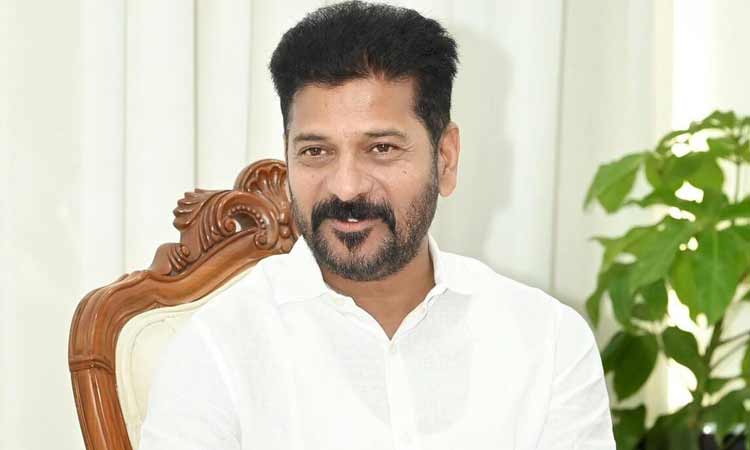
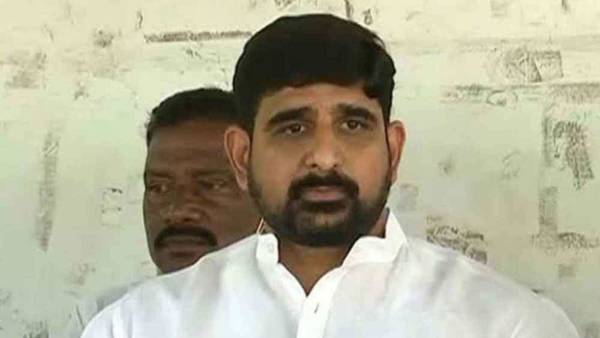

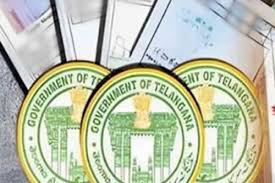
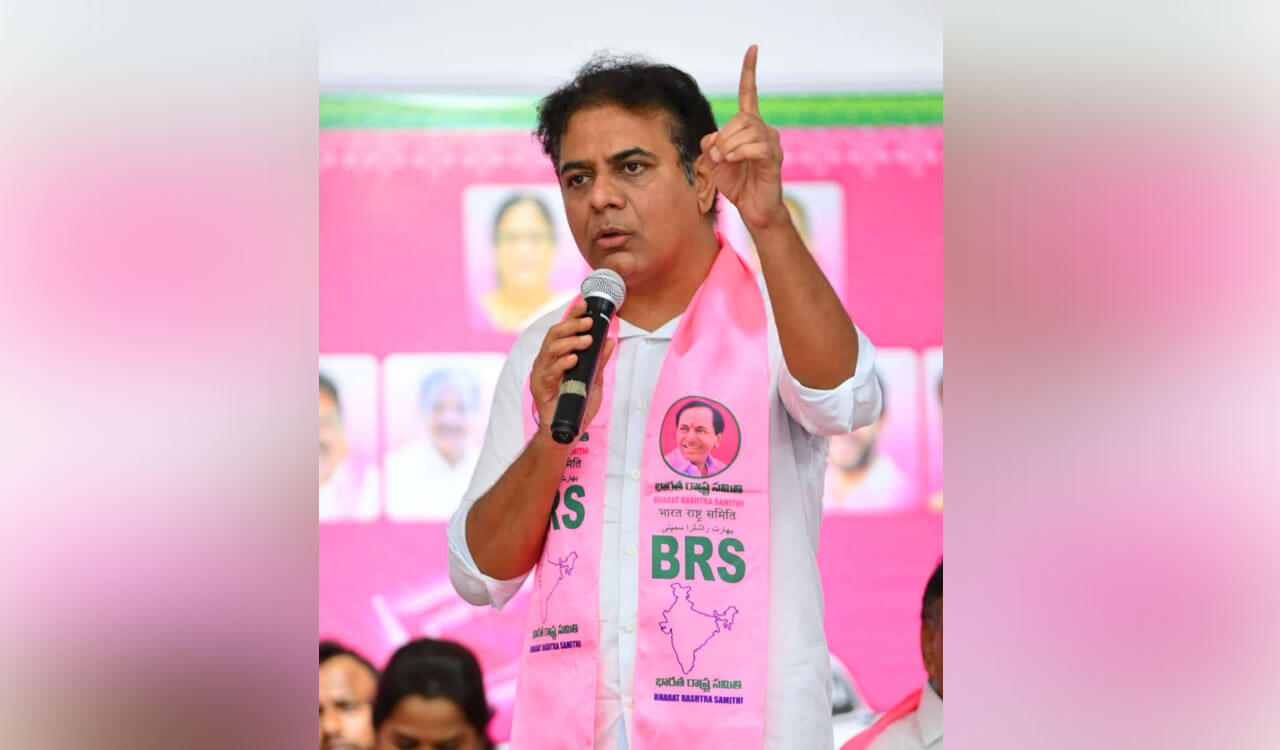
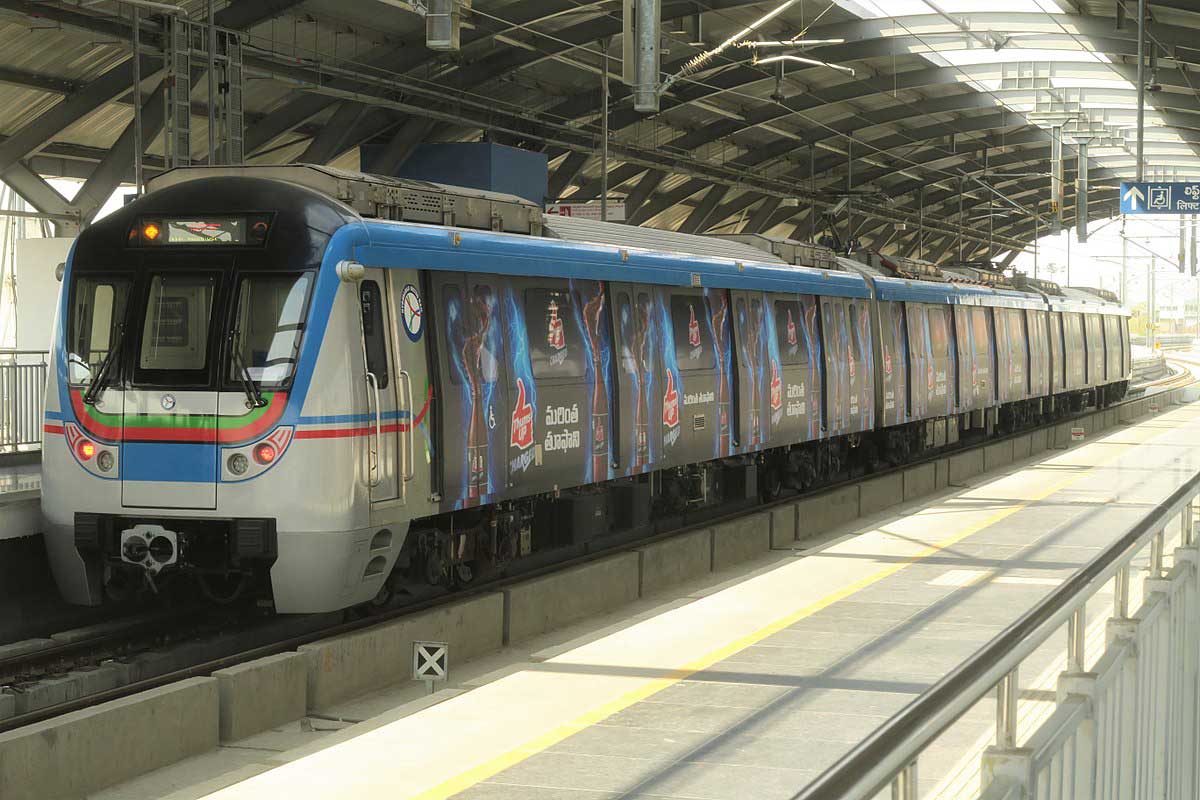
.jpg)
.jpg)
.jpg)
.jpg)
.jpg)
.jpg)
.jpg)
.jpg)
.jpg)
.jpg)
.jpg)

















